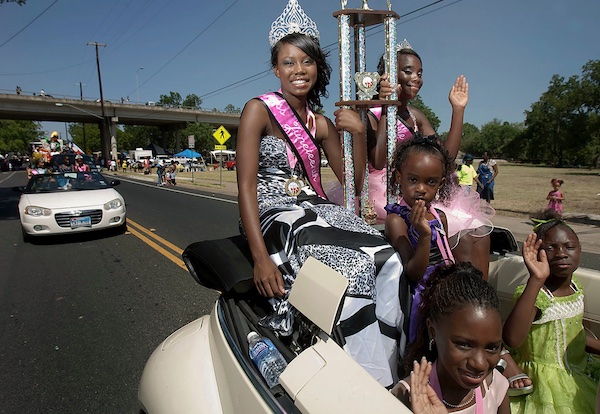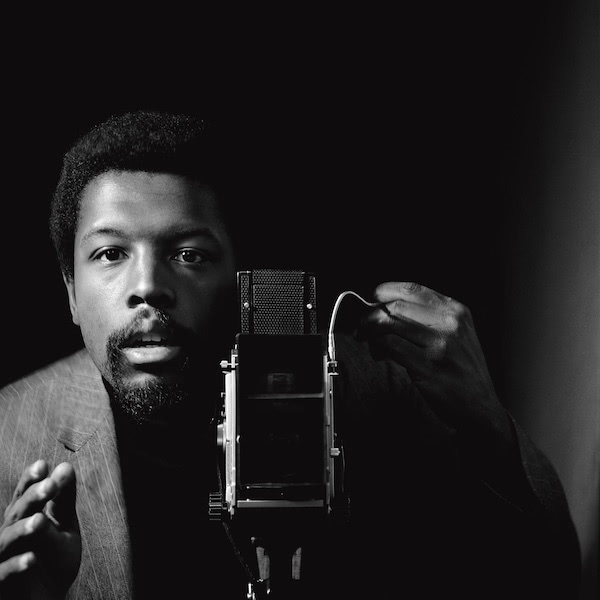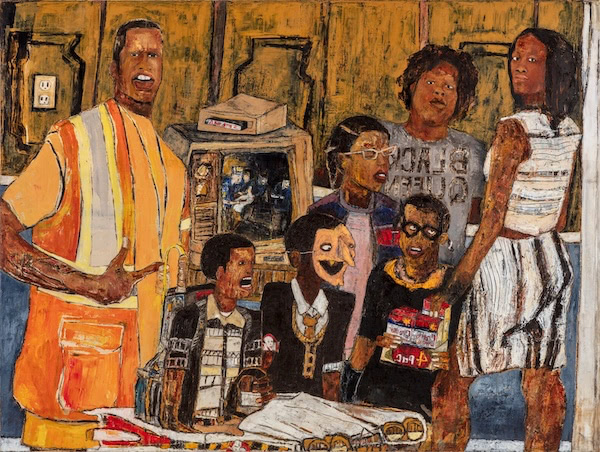Celebrating Juneteenth

We’re all on the same page about Juneteenth by now, right? If not, here’s what it’s all about.
On June 19, 1865, about two months after the Confederate general Robert E. Lee surrendered at Appomattox, Va., Gordon Granger, a Union general, arrived in Galveston, Texas, to inform enslaved African-Americans of their freedom and that the Civil War had ended. General Granger’s announcement put into effect the Emancipation Proclamation, which had been issued more than two and a half years earlier on Jan. 1, 1863, by President Abraham Lincoln.
The holiday received its name by combining June and 19. The day is also sometimes called “Juneteenth Independence Day,” “Freedom Day” or “Emancipation Day.”
The big news this year—this week—is that Juneteenth has finally become a federal holiday, something 94-year-old Opal Lee, “The Grandmother of Juneteenth,” has been campaigning for for years.
In 2016, the activist turned her focus nationally. The great-great-grandmother mobilized a team, launched an online petition and pledged to walk 1,400 miles from her Texas home to Washington, DC. Lee was dead-serious about lacing up her shoes and making the trek.
“I really had planned to walk that 1,400 miles,” Lee shares.
“But my team said no.”
Undeterred, she logged almost 300 miles on foot for the cause and continued to push her movement to appear across the country.
Her dream became reality yesterday as she was among those looking on as President Biden signed the legislation making it official.
“All Americans can feel the power of this day, and learn from our history,” Mr. Biden said at a ceremony at the White House, noting that it was the first national holiday established since Martin Luther King’s Birthday in 1983.
What Does It Mean to Be Crowned ‘Miss Juneteenth’?
Tariro Mzezewa, reporting for Times:
“We always tell each other: Don’t let your crown fall,” she said of her fellow Miss Juneteenths. “You are celebrating your day of freedom, celebrating when you and your people got free. So hold your crown high, even when life is hard.”
America’s Hollow Embrace of Juneteenth
Sure, Juneteenth is now a federal holiday, but let’s not be satisfied with a consolation prize.
Zak Cheney-Rice for New York Magazine:
The process of mainstreaming a once renegade and often neglected holiday was bound to be sporadic and riddled with contradictions. It hasn’t been lost on observers that Congress passed a Juneteenth bill without much trouble, but hasn’t done anything meaningful to curb police power, which is what most of last year’s demonstrators were actually asking for, let alone tried to pass ambitious legislation, like reparations, to address historical injustices.
Becoming H.E.R.: How a 23-Year-Old Music Prodigy Grew Into an EGOT-Bound Voice for Her Generation

Jem Aswad and Jazz Tangcay, writing for Variety:
As she accepted her first Oscar in April for “Fight for You,” a song written about another human being killed by the forces of racism — Black Panther Fred Hampton, the subject of the film “Judas and the Black Messiah” — H.E.R. said during her gracious, impromptu acceptance speech, “Musicians, filmmakers: I believe we have an opportunity and a responsibility to tell the truth, and to write history the way that it was and how it connects us to today, and what we see going on in the world today.
“Knowledge is power, music is power, and as long as I’m standing, I’m always going to fight for us. I’m always going to fight for my people and fight for what’s right. That’s what music does, and that’s what storytelling does.”
H.E.R.’s new album Back of My Mind is out today.
The Photographer Who Captured the Beauty in Blackness

Adam Bradley, writing for The New York Times Magazine:
At the center of [Kwame] Brathwaite’s legacy is his Black Is Beautiful work — studio portraiture and fashion photography that celebrates the natural beauty of Black women and men in defiance of Eurocentric beauty standards — which is now the subject of a touring retrospective.
Brandon D. Landers at the Hammer and the Huntington

Robin Pogrebin, reporting for the Times:
“I try to incorporate family and friends,” Landers said, “my relationship to my community. I want to put them in history.”
Electrical outlets reappear in his paintings, a reference to the colloquialism, “Are you plugged in?” To which he answers, “I’m the outlet.”
‘Your hair doesn’t hold a curl?’
She’s good at this.
Happy Juneteenth! See you next week.
